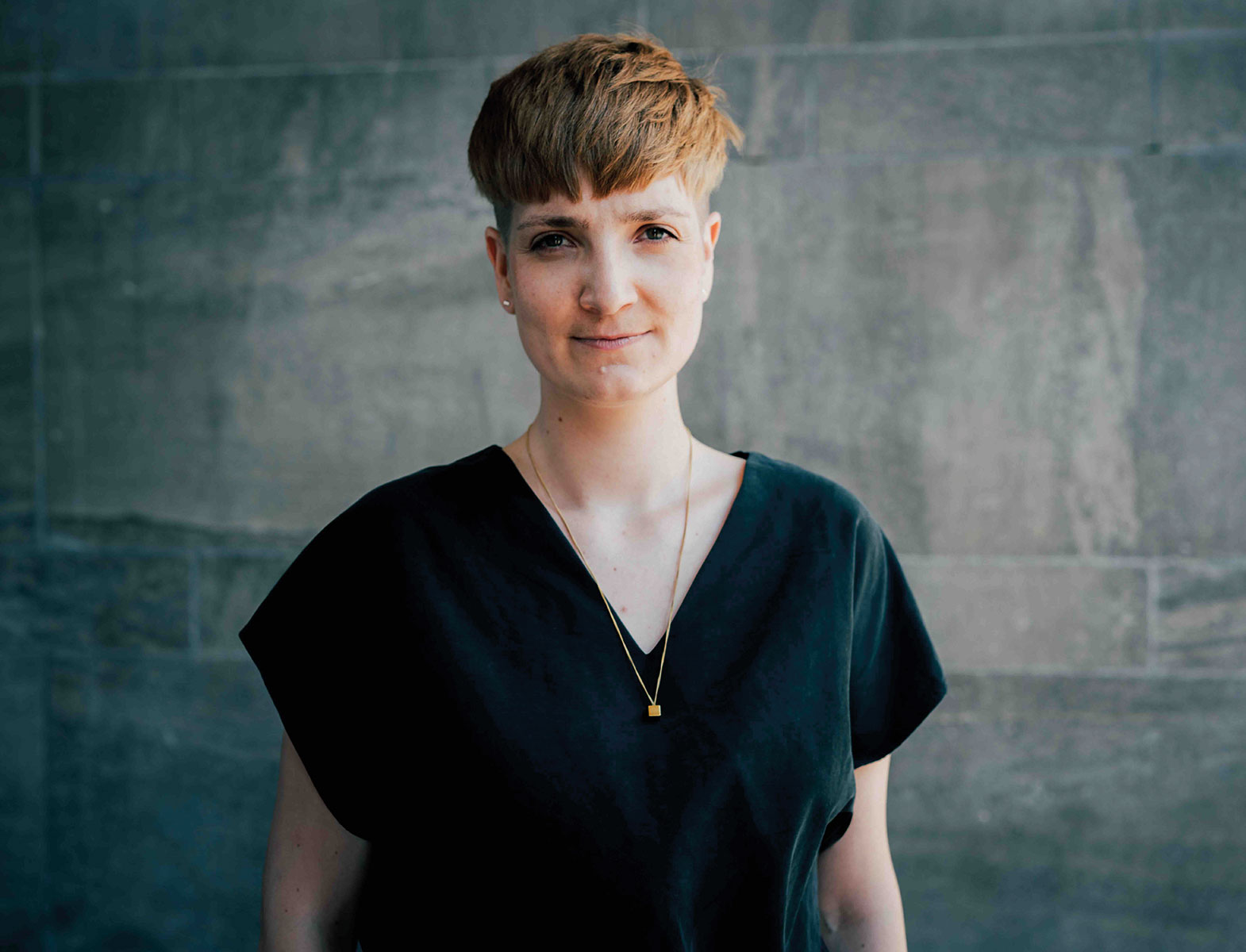You come from Brandenburg and, as a freelance journalist, do a lot of reporting on climate change. But the issue does not receive enough attention in German news coverage, particularly in political and business reporting. What do you think are the reasons for this?
The editorial teams do not know enough about the climate crisis. These days, they do usually have one or two experts, but given the urgency and magnitude of the crisis, all journalists should understand the basics. They should be able to discuss current developments in editorial meetings from an informed perspective and be able to prioritize stories appropriately.
Instead, the climate crisis is often still treated as one issue among many. In reality, it plays a part in more or less every issue and must be considered across the board. Reports should make the interrelationships clear. Journalists need a good grounding in the subject in order to convey these relationships and the possible solutions accurately and comprehensibly. But journalists are often generalists, and this is a problem in climate reporting. If you just start blindly researching a news item without this background knowledge, you will not be able to tell apart the narratives of lobbyists from well-founded criticism and genuine problems. All too often, the result is false balance in reporting, which makes issues seem more contentious than they really are.
How can less informed people be reached in a more targeted and sustainable way so that they better understand the societal challenges posed by the climate crisis?
I am asked this question a lot, and to be honest, I think it misses the point. The biggest problem we face right now is not less-educated sections of the population, but the fact that those who are well informed – journalists, politicians, and other decision-makers – have not adequately grasped the scale and urgency of the crisis and what realistic solutions look like.
So far, it has not been the case that policymakers have been in crisis mode – discussing appropriate and effective solutions and held back on implementation due to lack of democratic consent. The public conversation is light years away from the scientific discourse, and this is not due to the general public but to decision-makers and opinion leaders.
There is a whole web of different reasons for this, across all the fields involved: science, politics, journalism – even activism. Everyone communicates according to their own system logic, which people on the other side do not understand, and so they mainly just hear what they already believe. We have to break through these false debates; we are talking at cross purposes on a societal scale.
One of the aims of the Climate Change Center Berlin Brandenburg is to improve knowledge transfer on climate issues. Going forward, what would you like to see in the exchange and cooperation between journalists and scientists?
We journalists need to recognize that we have significant structural problems in the way we report on climate and that this distorts the discourse; we also need to learn from scientists. Scientists need to communicate more clearly and, in my view, from a more emotional standpoint. Understanding the magnitude of the climate crisis is about more than scientifically accurate facts and positive narratives – communication that focuses on these aspects has failed and will continue to do so. What we need is clear, solution-focused communication that points to opportunities and pathways just as comprehensibly as it outlines limits and consequences.
The interview was conducted in June 2022.
Picture: Rebecca Rütten


